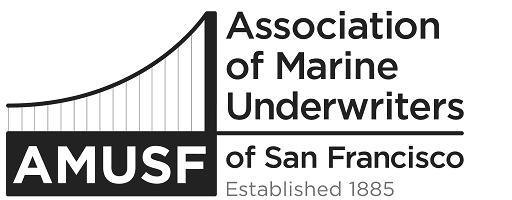O
/Ocean Bill Of Lading - See "Bill of Lading."
Ocean Shipping Reform Act (1999) (OSRA )
This legislation further deregulates ocean shipping by permitting the parties to make service contracts confidential from disclosure to other shippers or carriers. A service contract essentially guarantees a minimum volume commitment from shippers in exchange for lower freight rates or better contract terms from carriers. The service contract may alter terms and conditions on nonnegotiable bills of lading.
Oil Pollution - See "Pollution Liability."
- Phrase in the perils clause of cargo and hull policies that covers "All other perils, losses, and misfortunes" meaning perils of the same nature as those specifically described in the perils clause; known as doctrine of "ejusdem generis."
- Clause in a yacht policy that affords other people the same protection as the Assured when they are operating the Assured's yacht with the Assured's prior permission.
Cargo carried on the main deck of the vessel, or other spaces above the main deck; cargo carried on deck is subject to damage by wind, sea water, and being washed overboard. See "Deck Load Conditions."
OPA 90 (Oil Pollution Act of 1990) - See "Pollution Liability."
Open Account
A trade arrangement in which goods are shipped to a foreign buyer without guarantee of payment.
A cargo policy with no expiration date that provides automatic coverage of cargo shipments to or from an Assured in a specified trade at agreed rates, terms, and conditions. The marine and war policies are usually two separate open policies.
OPRC - See "Pollution Liability."
Origin - See "Point Of Origin."
OS&DReport
A report documenting the condition of a cargo shipment as "Over, Short or Damaged" at unloading.
OSRA - See "Ocean Shipping Reform Act."
Outside the perimeter of the vessel’s hull. See "Inboard."
Outdrive – See "Inboard – Outboard."
Out Of Commission
A vessel without certain items of equipment or gear necessary for operation, such as batteries, fuel, water, navigational aids, etc. See "Port Risk" and "Laid-Up."
Owner Ad Pro Hoc (for this particular occasion)
Charterers of vessels who, for all intents and purposes, are the temporary owners of the vessel during the charter period. It is found in the LSHW (Longshoremen’s and Harbor Workers’ Act).

